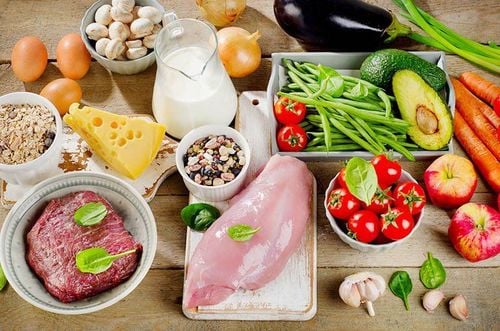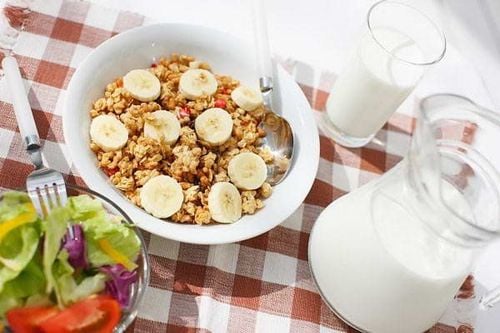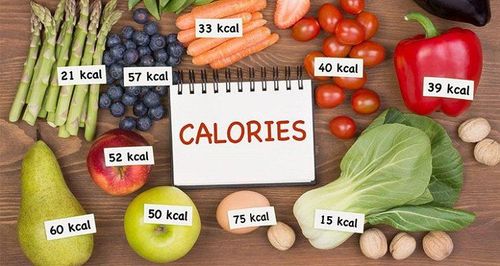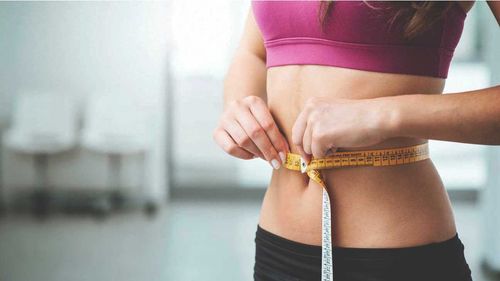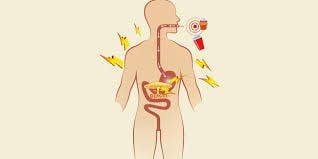This is an automatically translated article.
All human activities require energy. Even when sleeping, the body's energy needs still exist for the activities of metabolism, circulation, respiration and maintaining body temperature. Therefore, providing energy for your body to function every day is essential.1. Energy needs of the body
Everyone's energy needs will vary based on age, sex, weight, activity level, and many other factors. Example:Adult men: 2320 Kcal/day Adult women: 1900 Kcal/day Pregnant women: 2250 Kcal/day Postpartum women: 2500 Kcal/day Newborns (0 - 6 months): 496 Kcal/day Children 1 - 3 years old: 1060 Kcal/day Preschoolers 4-6 years old: 1350 Kcal/day School age children: 1690 Kcal/day Puberty children: 2190 - 2750 Kcal/day (for for boys) and 2010 - 2330 Kcal/day (for girls) Adolescents: 3020 Kcal/day (for boys) and 2440 Kcal/day (for girls).

Mọi hoạt động của con người đều cần năng lượng, kể cả khi ngủ
2. Meals of the day
2.1. Breakfast Breakfast fuels the body throughout the day, determining the ability and level of successful activity. Skipping breakfast makes you more likely to gain weight because you will tend to eat more at the next meal. At the same time, this bad habit also makes you prone to stomach diseases, nausea, lack of concentration and poor thinking. In the morning, your body and brain need a balanced menu of the following nutrients:Lean protein Carbohydrates Healthy fats Vitamins and minerals Antioxidants Liquids. However, you should reduce the amount of carbohydrates (lower starch) in your diet and increase the amount of protein to help you feel more energetic. Because carbohydrates can become an energy "store" in the form of fat if you consume too much. Suggested menu is Greek yogurt with oats, flax seeds and fresh berries.
2.2. Snacks Snacks provide a steady stream of energy to sustain work and study performance. Throughout the day, your body needs:
Lean protein Carbohydrates Healthy fats Fruits and vegetables: Combine with lean protein or healthy fats for increased nutrient density
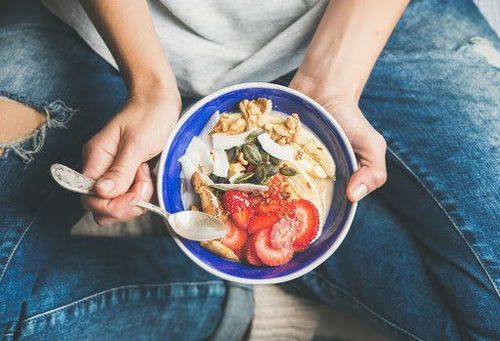
Bữa ăn nhẹ cung cấp một luồng năng lượng ổn định để duy trì hiệu suất làm việc và học tập
Mid-morning: Milk is a good choice because it contains casein - a slow-absorbing protein that releases amino acids to build muscle. Milk also contains carbohydrates, which help slow the conversion of lactose into glucose. In addition, you can also eat fruit to meet the body's energy needs as quickly as possible at this time. Takeaway: Mixture of dried fruit, nuts, and seeds. In particular, nuts are both a source of good fats and have a small percentage of protein. In the fridge: Hard-boiled eggs, fruits, and vegetables. 2.3. Lunch This is the second largest meal of the day, needing you to provide energy for the body to function throughout the afternoon. Lunch is also very important to maintain muscle because if there is a lack of energy, the body will take protein from the muscles to rebuild. If there is a quality lunch, cravings for sweet foods in the afternoon will be reduced.
Should limit fast-absorbing sugar in lunch, use cruciferous vegetables instead. This food source is less likely to raise blood sugar and use less insulin, so you won't gain weight. In addition, you should supplement in your lunch with nutrients such as:
Protein from eggs, chicken, fish, bean sprouts, mushrooms, beans... Essential fatty acids from monounsaturated fats (seeds, avocados, olive oil,...) and polyunsaturated (tuna, salmon, walnuts...). 2.4. Evening Towards the end of the day, the body burns fewer calories, the body's energy needs also decrease. If you eat dinner late, blood sugar and fat will remain high. Therefore, the ideal dinner should not be later than 3 hours before bedtime, and you should also not consume foods containing a lot of fat. Instead, prioritize foods high in fiber such as green vegetables. You can also drink milk at night as long as it is about 1 hour before bedtime.
2.5. When working out Good nutrition is essential as you prepare for and recover from a workout. Energize and hydrate before a workout with: Carbohydrates and fluids
Refuel, regenerate and rehydrate immediately after a workout with: Carbohydrates, protein (about 15 - 30 grams), liquids.
Suggested menu:
Before and during each workout: Dried food bar, or banana and water. After exercise: 230 - 300 low-fat chocolate milk.
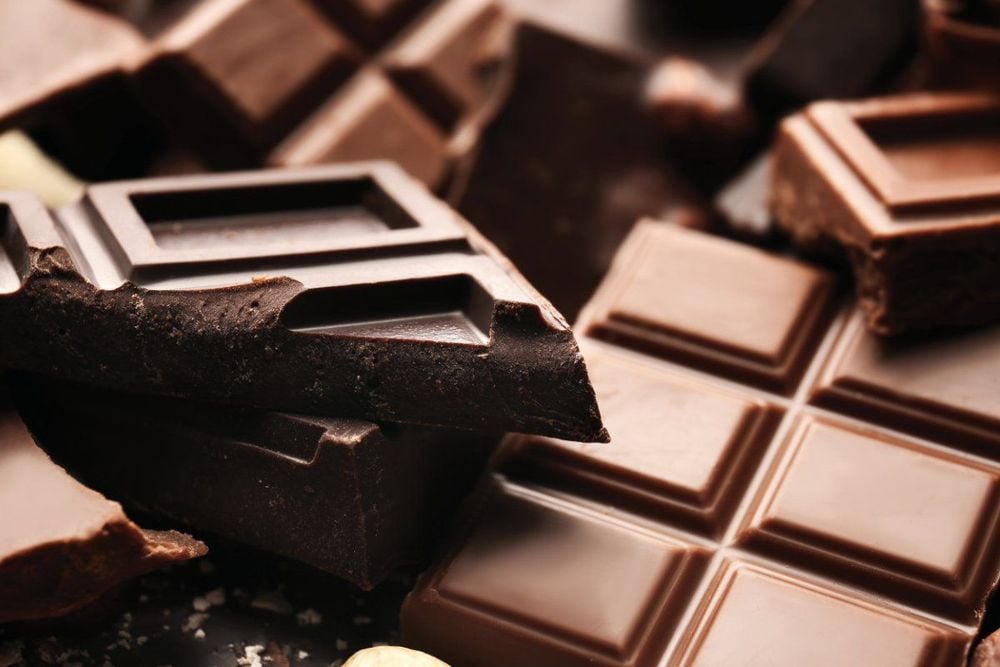
Sau khi tập luyện, bạn có thể ăn khoảng 230 - 300 sữa socola ít béo
3. Energy balance
Eating in moderation, just enough to provide energy for the body is extremely important. Some diet menus that help to lose weight quickly will most likely cause the body to adjust itself to absorb less energy. Therefore, as soon as the diet is stopped, the body will absorb more energy, causing the weight to increase again.On the contrary, if you eat more food than you need, you will gain weight after a while, requiring more exercise to burn calories. To ensure energy balance and good health, energy intake must be balanced with energy expenditure. At the same time, you should also carefully study the diet before applying and prioritize choosing nutritionally balanced menus.
Please dial HOTLINE for more information or register for an appointment HERE. Download MyVinmec app to make appointments faster and to manage your bookings easily.
Reference source: mayoclinic.org



